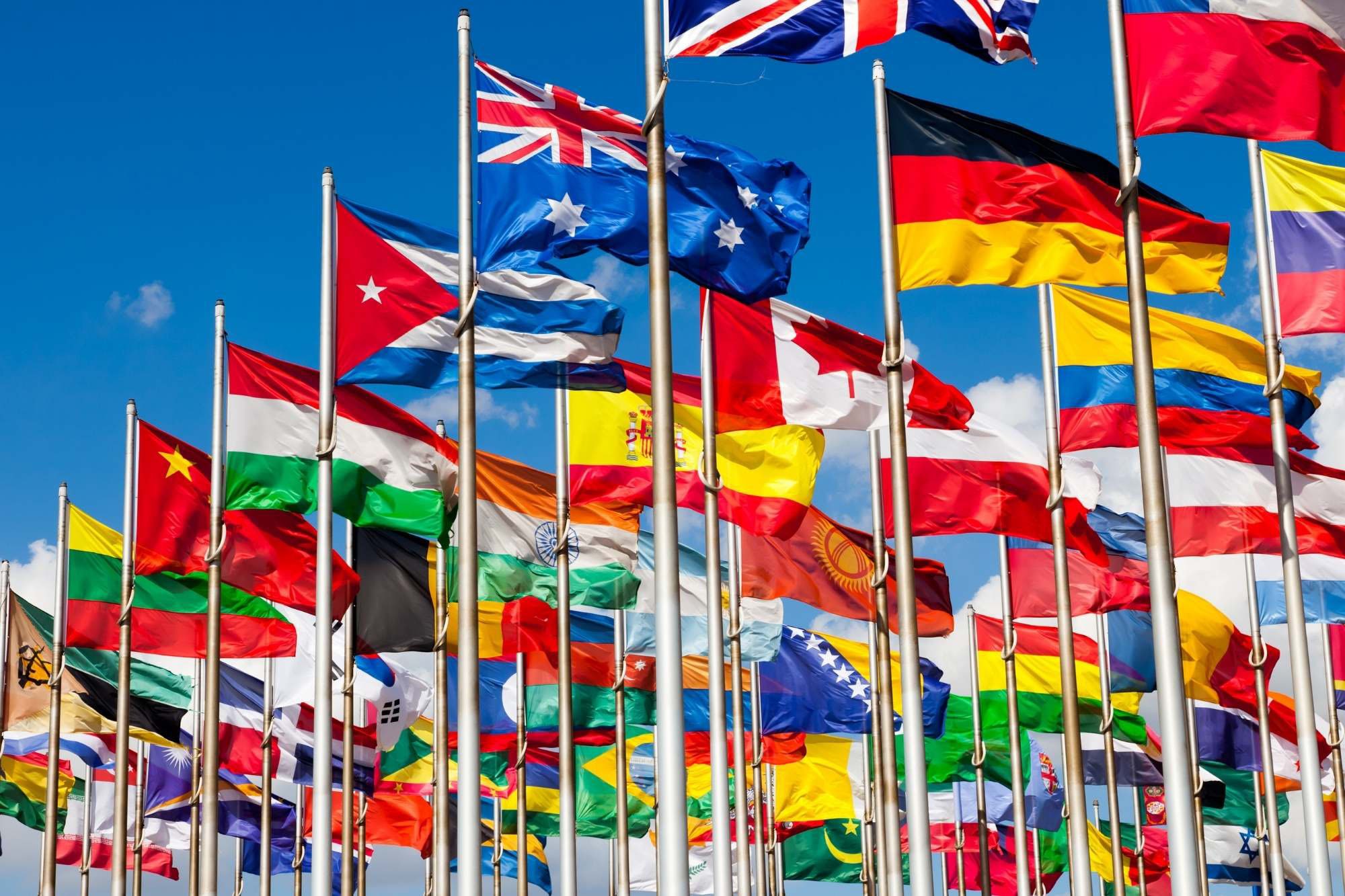 Feature
Feature
by Maj. Gen. Charles J. Dunlap, Jr. USAF (ret.)
Vol. 99 No. 2 (2015) | The Mass-Tort MDL VortexAlthough the revamping of bulk data-collection practices dominated headlines about the passage of the USA Freedom Act in June, the new law also contained reforms of the Foreign Intelligence Surveillance Court […]
 Feature
Feature
by Erik Voeten and Laurence R. Helfer
Vol. 106 No. 1 (2022), Judicature International (2021-22) | An online-only publicationIn Walking Back Human Rights in Europe? (published in the European Journal of International Law, Vol. 31 No. 3, 2020), scholars LAURENCE R. HELFER and ERIK VOETEN examined minority opinions of the European Court of Human Rights […]
 Feature
Feature
The past few years have been a wild ride, and I say that as a former rodeo cowboy. America has endured a confluence of overlapping crises: pandemic, recession, impeachment, social […]
 News Brief, News Roundup
News Brief, News Roundup
Poland Polish lawyers use romcoms to promote judicial independence In 2017, four Polish lawyers were brainstorming ways to convince the public sector that an independent Polish judiciary was important, not […]
 Feature
Feature
The current rule of law crisis has roots in Afghanistan’s 2004 constitution, which created a flawed separation of powers system.
 News Brief, News Roundup
News Brief, News Roundup
Venezuela Judicial independence threatened A report by the United Nation’s Independent International Fact-Finding Mission on the Bolivarian Republic of Venezuela has raised concerns about judicial independence in the country. The […]
 Feature
Feature
by W K Hastings
Judicature International (2021-22) | An online-only publicationConceptually, the idea that the rule of law is maintained by an independent and impartial judiciary is not difficult to understand. In fact, we really only hear about “the rule […]
 Feature
Feature
by David F. Levi, Dikgang Moseneke and Margaret H. Marshall
Vol. 105 No. 2 (2021) | Judicial IndependenceThe Bolch Judicial Institute at Duke Law School honored the 2020 and 2021 recipients of the Bolch Prize for the Rule of Law during a virtual program hosted by PBS […]
 Feature
Feature
by Nathan Hecht, David F. Levi, Rodney Acker, Suzanne Spaulding and Allyson K. Duncan
Vol. 105 No. 2 (2021) | Judicial IndependenceJudicial Independence has so long been a pillar of American government that perhaps it was at one time taken for granted. The idea that politicians would intimidate judges, that judges […]
 Table of Contents
Table of Contents
— Features — REVISED GUIDELINES & PRACTICES FOR IMPLEMENTING THE 2015 DISCOVERY AMENDMENTS TO ACHIEVE PROPORTIONALITY Duke Law Center for Judicial Studies HOW TWO NEW RULES FOR SELF-AUTHENTICATION WILL SAVE […]